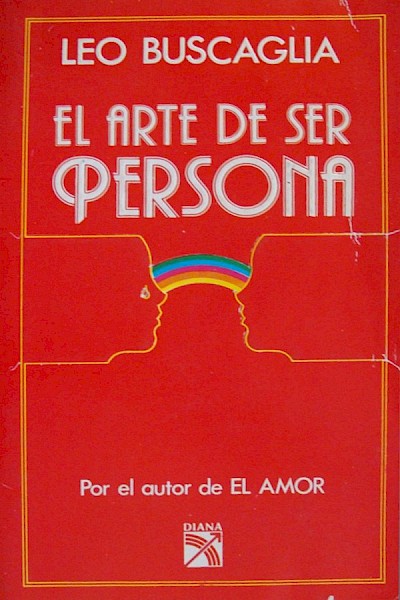If a name were needed, wonder serves to name both; and from amazement to amazement, existence opens up.
Lao Tzu, The Path of Life (Bynner's English translation)
Throughout two thousand years, a great number of peoples have lived under the influence of a philosophy of great vitality called Taoism.
During the Chinese mid-reign, around the 3rd or 4th century BCE, a man named Lao Tzu introduced Taoism to China in a short work of less than six thousand words called The Tao (The Way). Later, the ingenious philosopher and poet Chuang Tzu expanded and interpreted his philosophy during the second half of the fourth century B.C.
The main objective of Taoist philosophy is the integration and inner harmony of each person. As such, it is a form of conformity. It suggests that each of us can achieve our full personal humanity only through the process of unlearning what we have already learned, in order to offer the opportunity to return to harmony with all things as they were in the beginning.
Selfishness is considered to be the root of all disharmony and therefore the main factor in all human suffering. For this reason, the person must fight to get rid of his selfishness. With the loss of egoistic desires, the person is also freed from his internal conflicts.
Lao Tzu suggested that the fully functioning person should therefore have few desires and not be attached to people or things. He must live according to his own self-esteem, not according to the esteem that others give him. He should seek natural simplicity and spontaneity in living, and try to get rid of the artificial and the compulsive.
The fully functioning Taoist is not at the mercy of his emotions. He strives to see himself accurately, according to his strengths and weaknesses. He considers himself unique and therefore is not in competition with anyone. He practices "no action." Non-action for the Taoist is not a passive condition, but rather a subtle form of action. The Water Path is used as a metaphor to explain this idea. In the words of Lao Tzu:
Just as the soft delivery of water splits the stubborn stone, so condescension in life solves what has no solution: Giving in, I have learned, is returning again, but this lesson without words, this simple example man does not learn nor see.
Taoists believe that strength lies in morality and therefore are sensitive to society and the feelings of others. They are not lovers of criticism and try to respond more to the attitudes than to the actions of others. They reject violence, oppression and power. They refuse to participate in the conquest of nature or in the exploration of others. Instead, they strive to become collaborators, both with man and with nature. Their goal is harmony with all things, and they allow each thing to carve out its own destiny. The Taoist sees this as the ultimate goal in maturity.
Lao Tzu, and especially Chuang Tzu, emphasize that the fully functioning Taoist must engage in his self-transcendence.
Through this process he is able to see all things, not only in relation to himself, but as an ultimate whole without differences. Pain and despair arise from the break with that whole. "The Way" towards the good life, is reached by means of tic transcendence all distinctions, differences and differentiations, since these serve merely to cause fragmentation that in turn causes weakness and impotence. He believes that the opposite of fragmentation is universal unity, acceptance, and love. At the heart of Taoist love is the ability to merge as part of all things.
The fully functioning Taoist is convinced that natural right and goodness are innate, and therefore tries to live his life naturally and in such a way as to promote peace in conflict, unity in separation, love and transcendence in confusion and chaos.
